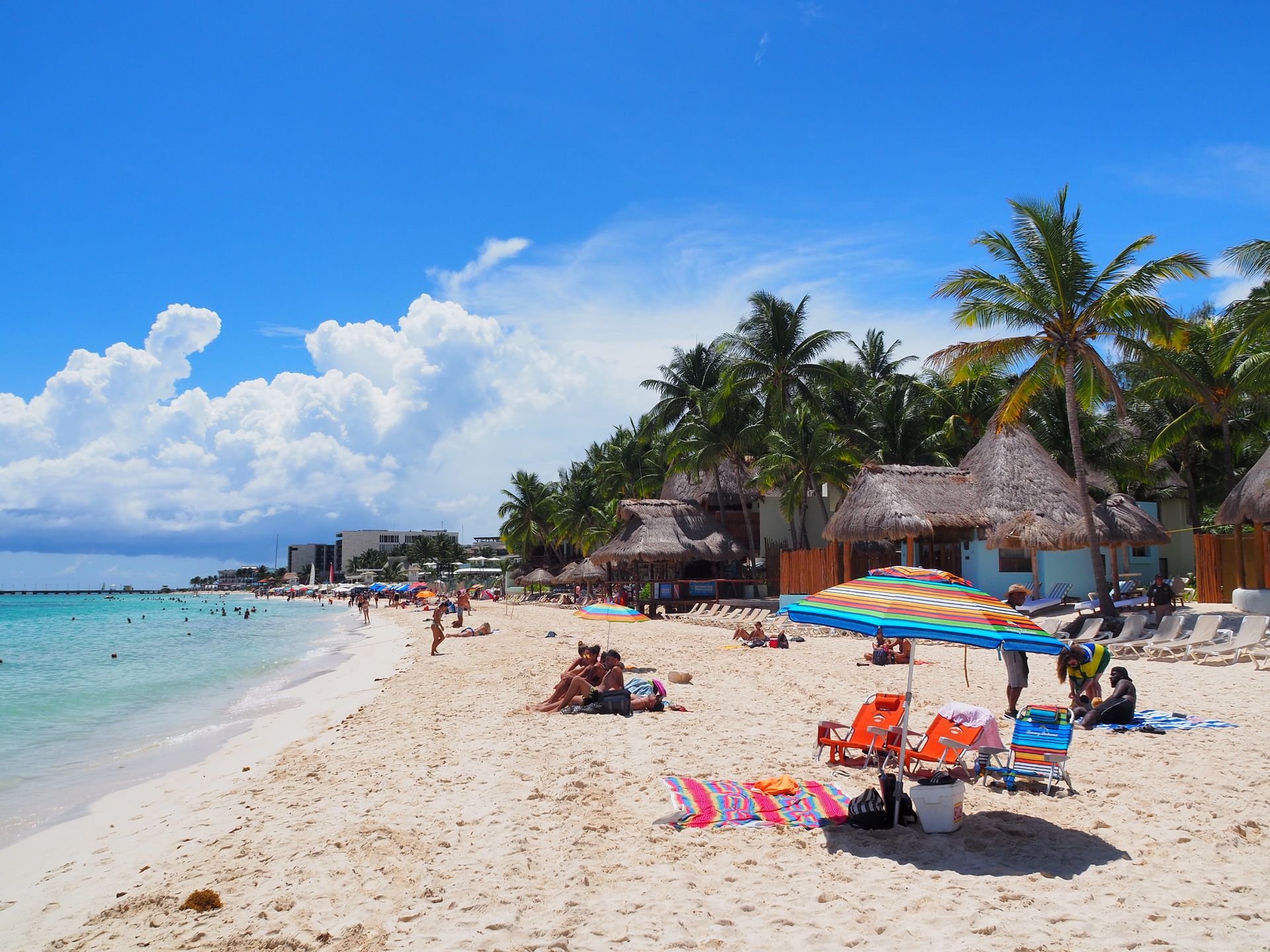
Auszeit - Reise Richtung Osten
vakantio.de/auszeit-reise-richtung-osten
Jungle Train: Going across Malaysia by train
Objavljeno: 14.06.2019
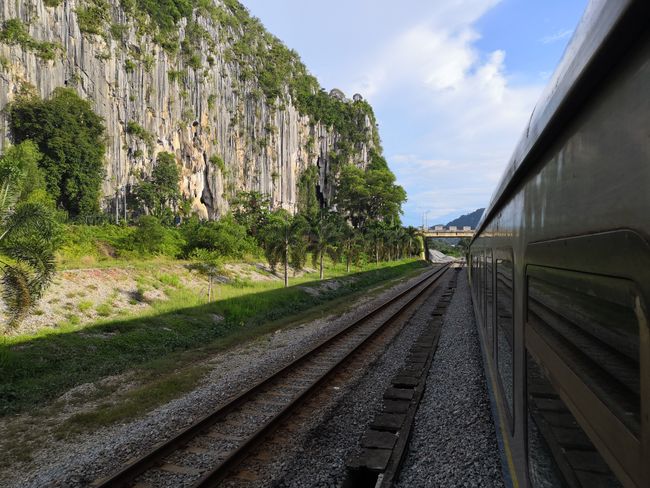
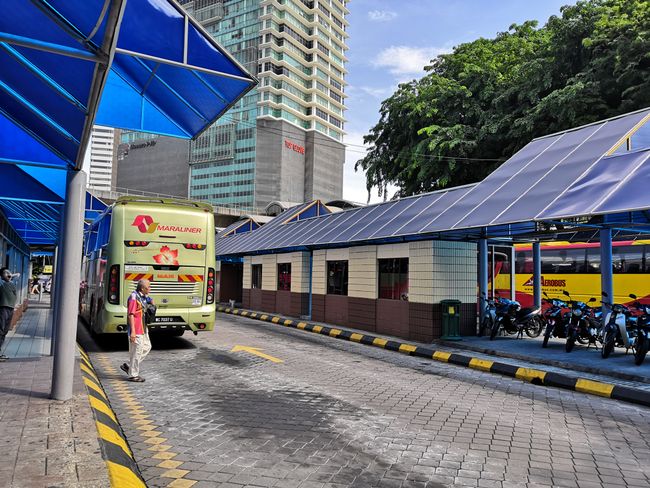
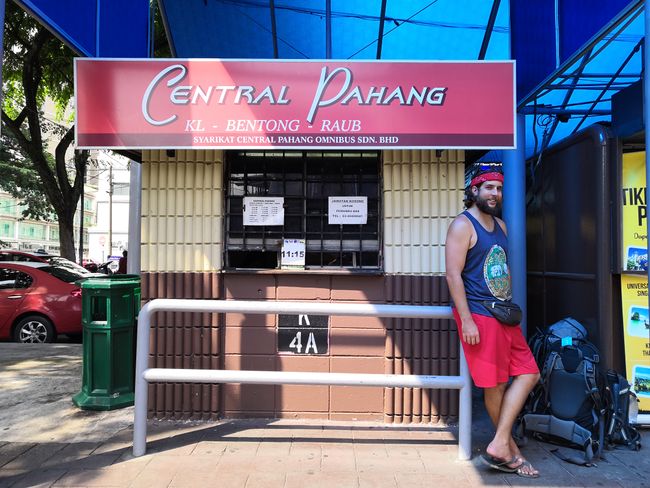
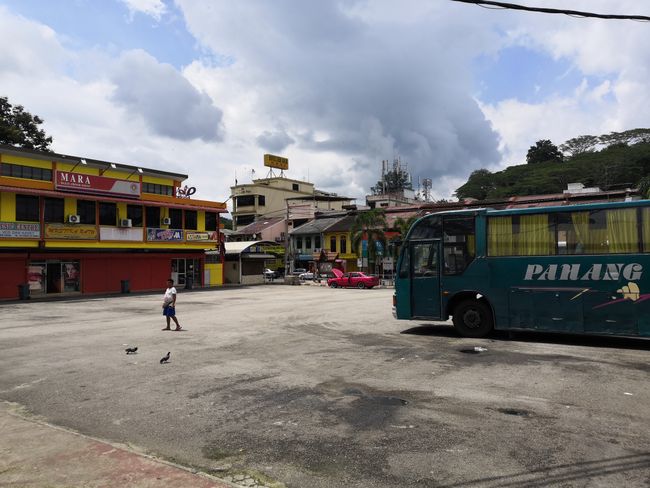
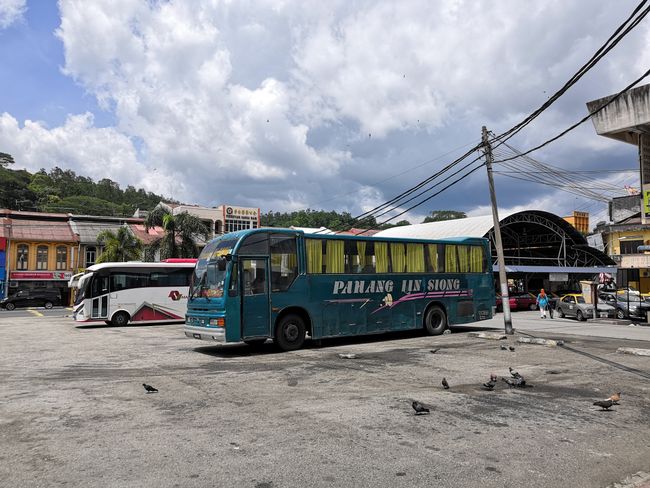
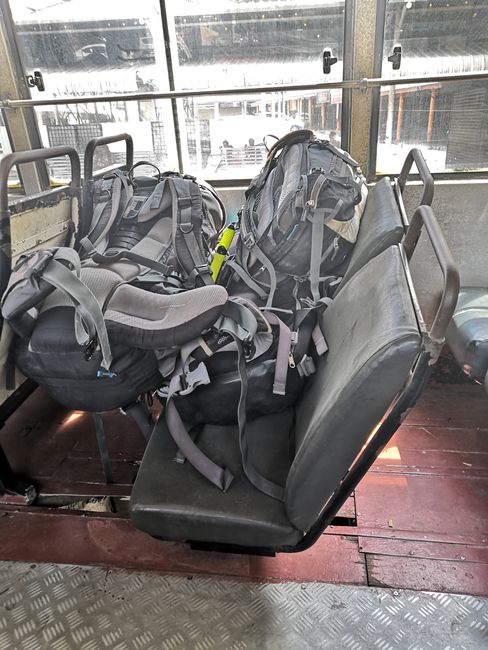
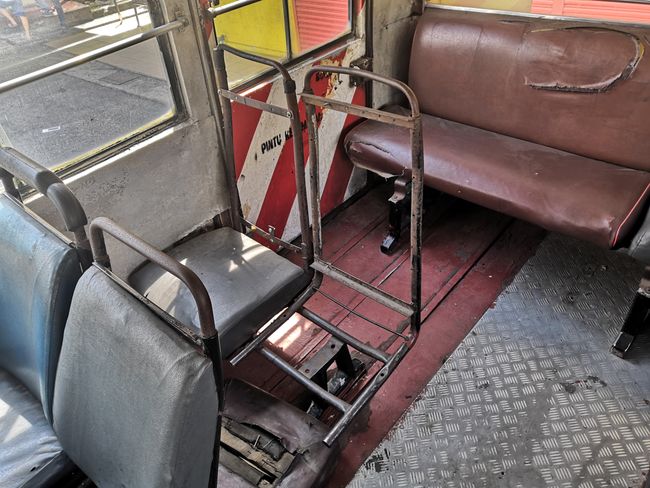
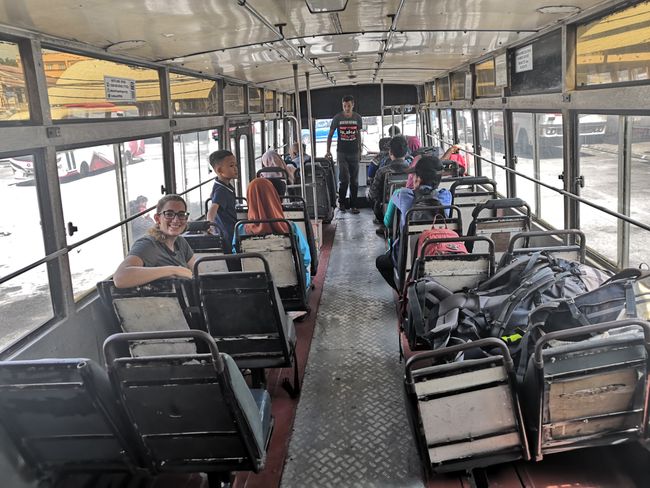
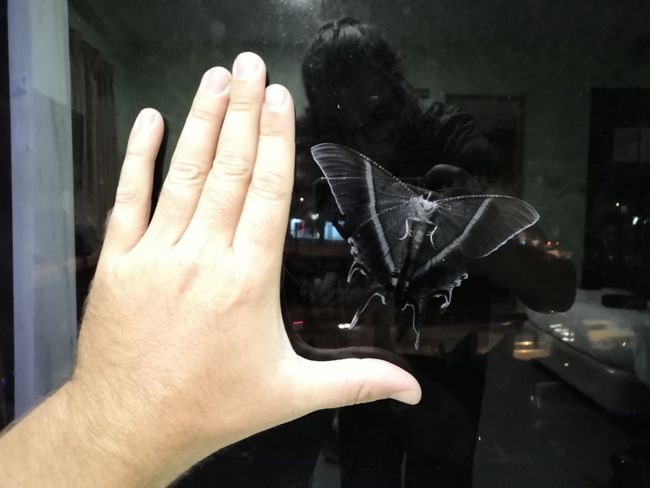
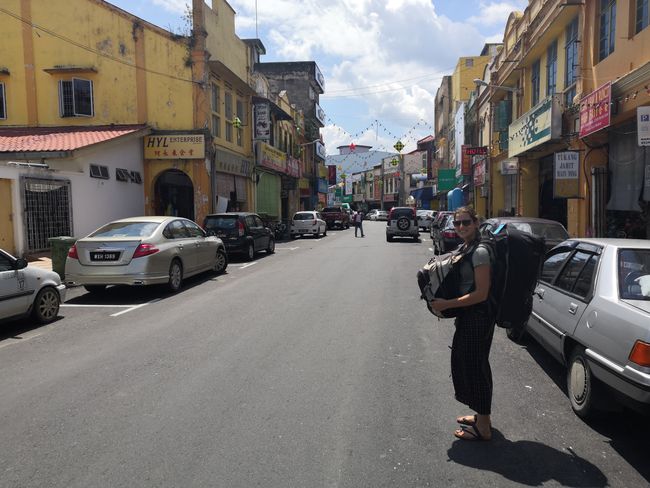
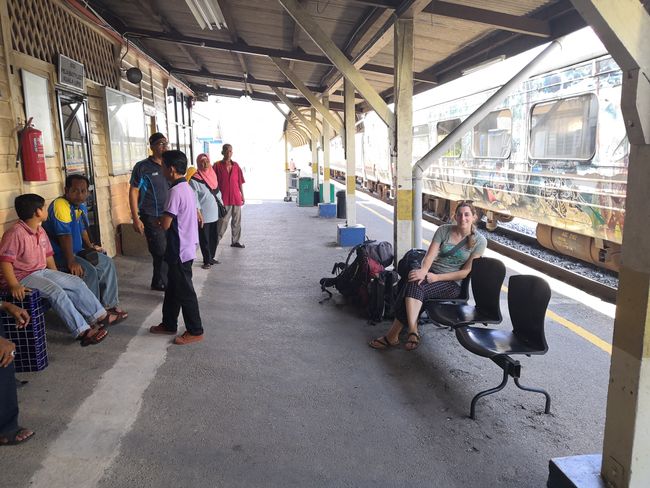
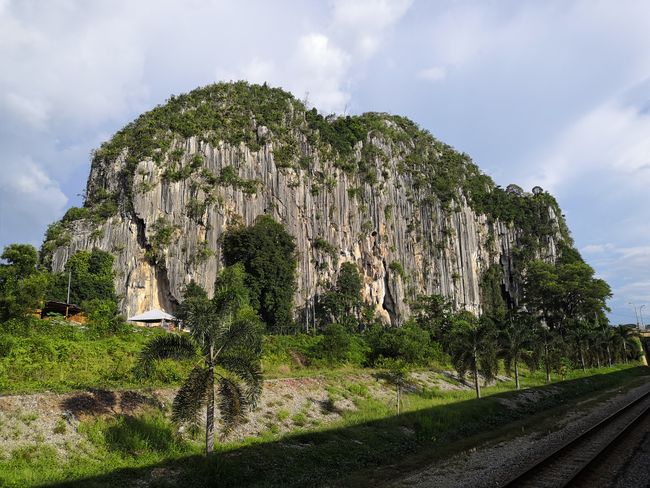
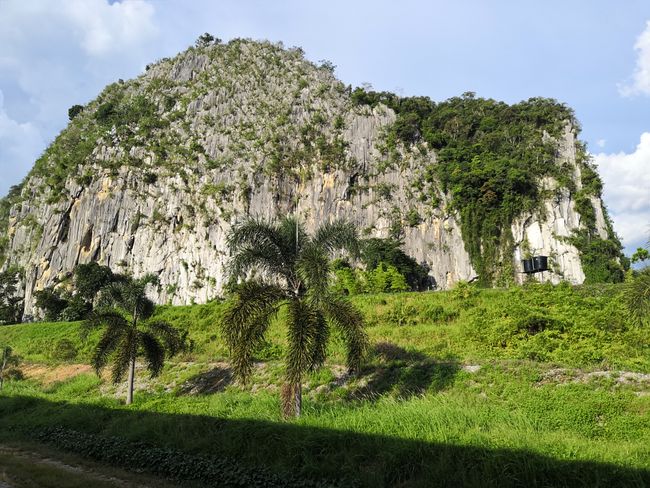
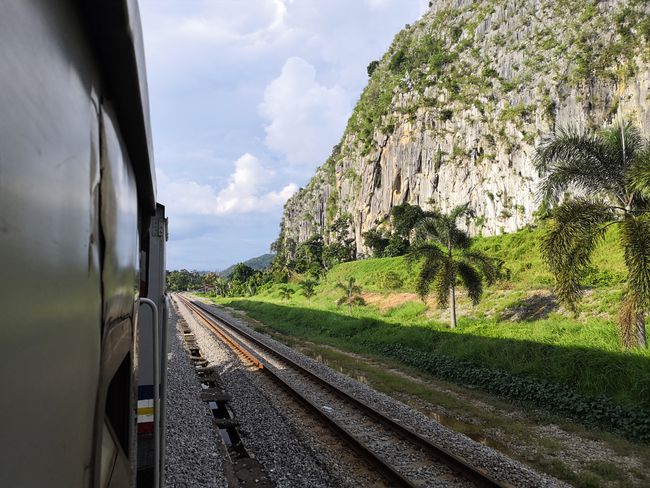
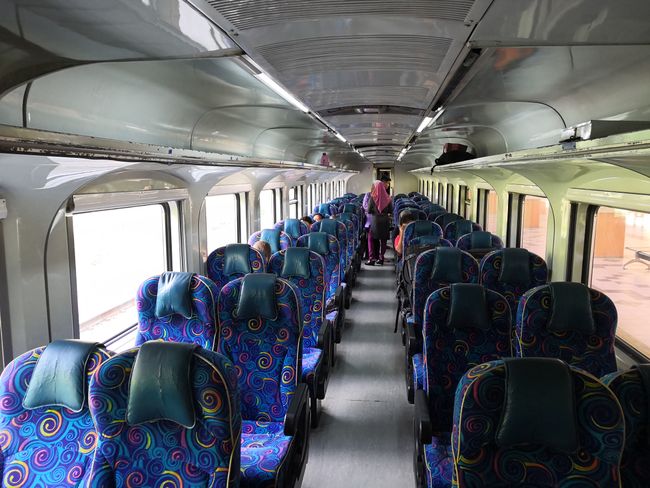
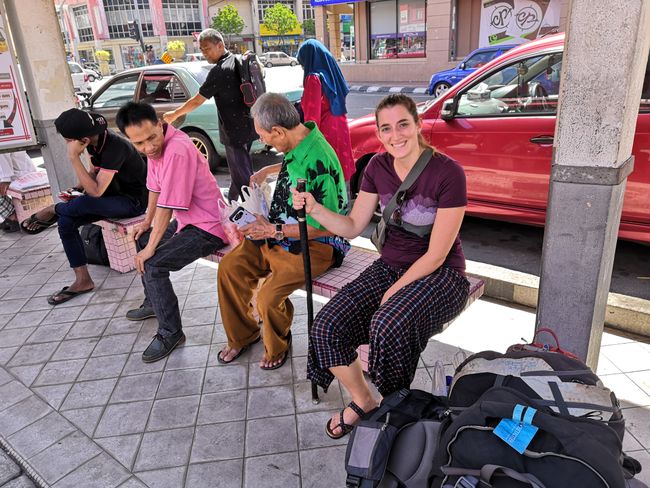
Pretplatite se na bilten
The flight to Kuala Lumpur took 2.5 hours. Once we arrived at the airport, we grabbed a bite to eat and exchanged some Malaysian ringgit. Then we took a local bus about 50 kilometers into the city - it's massive. The final stop was in Chinatown, conveniently where our hotel was located. After checking in, we bought a SIM card from a street vendor. After a modest dinner at an Indian restaurant, we fell into bed, completely exhausted.
The next day, the real adventure began. We wanted to travel from Kuala Lumpur to the Perhentian Islands in the northeast of the country by bus and train, via Kuala Lipis and Kuala Bharu. In theory, it should have been easy. However, the end of the Ramadan fasting month posed a problem. On the weekend before the breaking of the fast, there was a mass exodus from the city. People who work and live in the city went to visit their families in the countryside for the celebrations. This meant that the next day, all direct buses to Kuala Lipis were sold out. After wandering around the bus station for a while and searching for a solution, a kind gentleman suggested we travel to Kuala Lipis via Raub. We bought the corresponding ticket to Raub and half an hour later, the journey began. The ride was pleasant and lasted about 2.5 hours. At lunchtime, we couldn't resist any longer and discreetly drank from our water bottle and had some snacks. No one else ate or drank, of course. We felt a little guilty, although we understood that these people voluntarily fasted out of religious conviction. At least we didn't receive any angry glances. Overall, the people of Malaysia are very open, curious, and friendly, and they love to chat. In the town of Raub, it was dead quiet. Due to Ramadan, all the restaurants were closed. At the market, we managed to snag a few bananas - our lunch. We continued our journey from Raub to Kuala Lipis on the local bus operated by Pahang Lin Siong. The company, founded in 1937 and established in 1987, promotes its new and well-developed buses on the website easybook.com. However, we found out that this only applies to long-distance buses when the bus rolled toward us. Our means of transport was probably from the early 80s and had hardly been maintained since then. Some seats were broken or missing altogether. The bus squeaked and creaked with every bump in the road, and we bounced happily in our seats. But the reverse gear was particularly amusing. The sound the bus made when shifting into reverse sounded like a wheezing and was probably audible over a long distance. The bus stopped at every tiny village in the middle of nowhere. For us, the ride was the highlight of the day.
There isn't much to report about Kuala Lipis. It's a medium-sized, not very attractive city. Our hotel was located a 15-minute walk from the train station, where the bus also stopped. At the ticket counter, we were told that the train for the next day was already fully booked. However, we could consider taking the local train in the afternoon as an alternative. Tickets could not be purchased in advance. So our plan didn't quite work out for the second time that day. When traveling, one must be flexible.
At around noon, we headed toward the train station. We found a food court near the station. There were no Muslims to be found, but rather Chinese and Indian Malaysians. We were the only tourists and stood out accordingly. The food was down-to-earth and fresh. What surprised us the most was the English skills of the rather elderly female vendors. They could easily advise us on the drinks and the different dishes. This would be absolutely unimaginable in Vietnam, Myanmar, Thailand, or Laos in a non-touristy place. We passed the time and at 2:00 p.m., we went to the train station. We wanted to make sure we were early so as not to miss the train. When it started at 3:30 p.m., the train cars were strangely half empty. The route led through the jungle for a large part. We liked the rock formations that seemed to sprout out of nowhere like mushrooms. A beautiful sight. Less beautiful were the numerous palm oil plantations that have dramatically changed the landscape in Malaysia over the past few decades. Instead of a wild and dense rainforest, now there are orderly rows of trees. At least the surroundings look very green and lush, but it's only a small consolation. With the sunset at exactly 7:24 p.m., a small feast begins. Huge Tupperware of rice, chicken, and vegetables appear. It's slurped and smacked. Disappointed, we nibble on our snacks. We had assumed that food and drinks would be sold on the train. Unfortunately, that was not the case. So, like everyone else, we were forced to fast. The train arrived in Wakaf Bharu at 11:00 p.m. We took a Grab taxi to our hostel. We skipped dinner as all the restaurants were already closed.
Pretplatite se na bilten
Odgovori
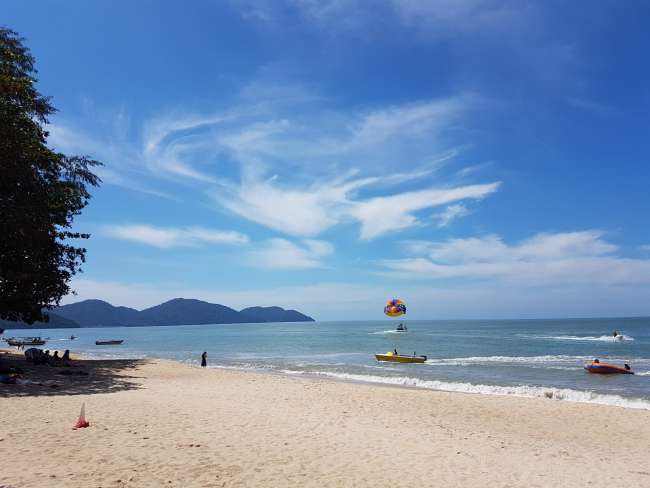
Izvještaji o putovanjima Malezija
